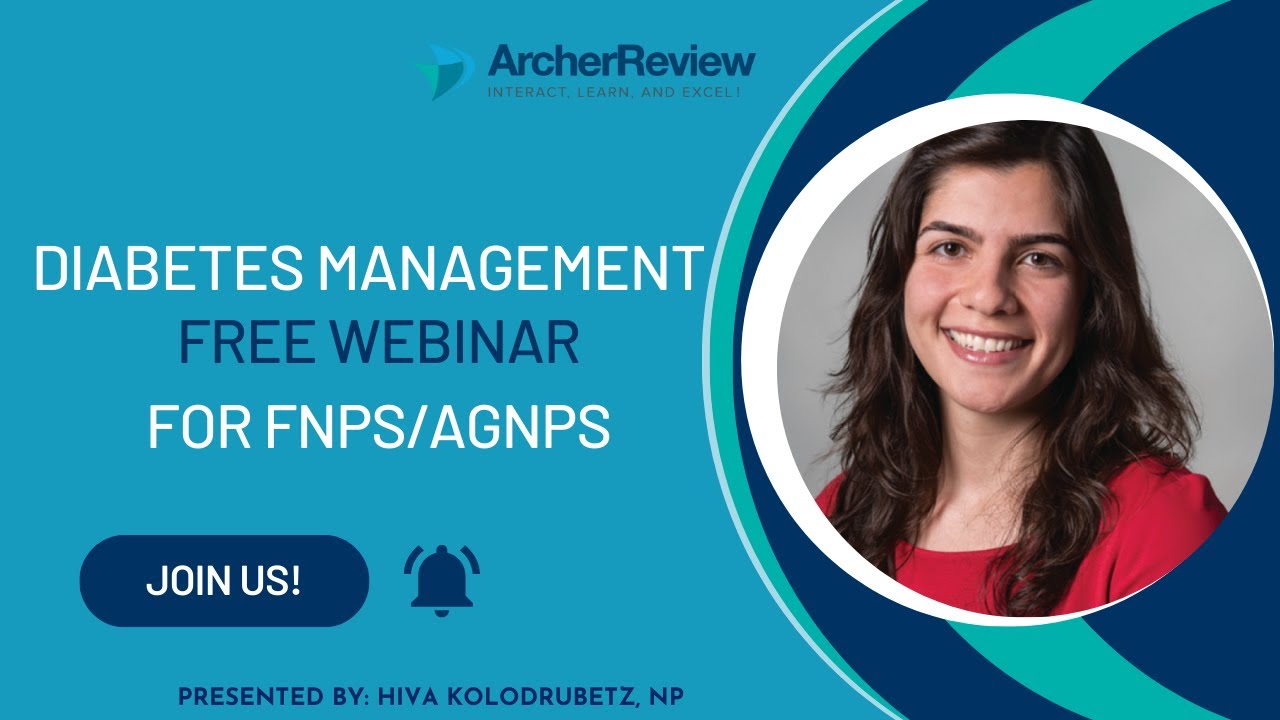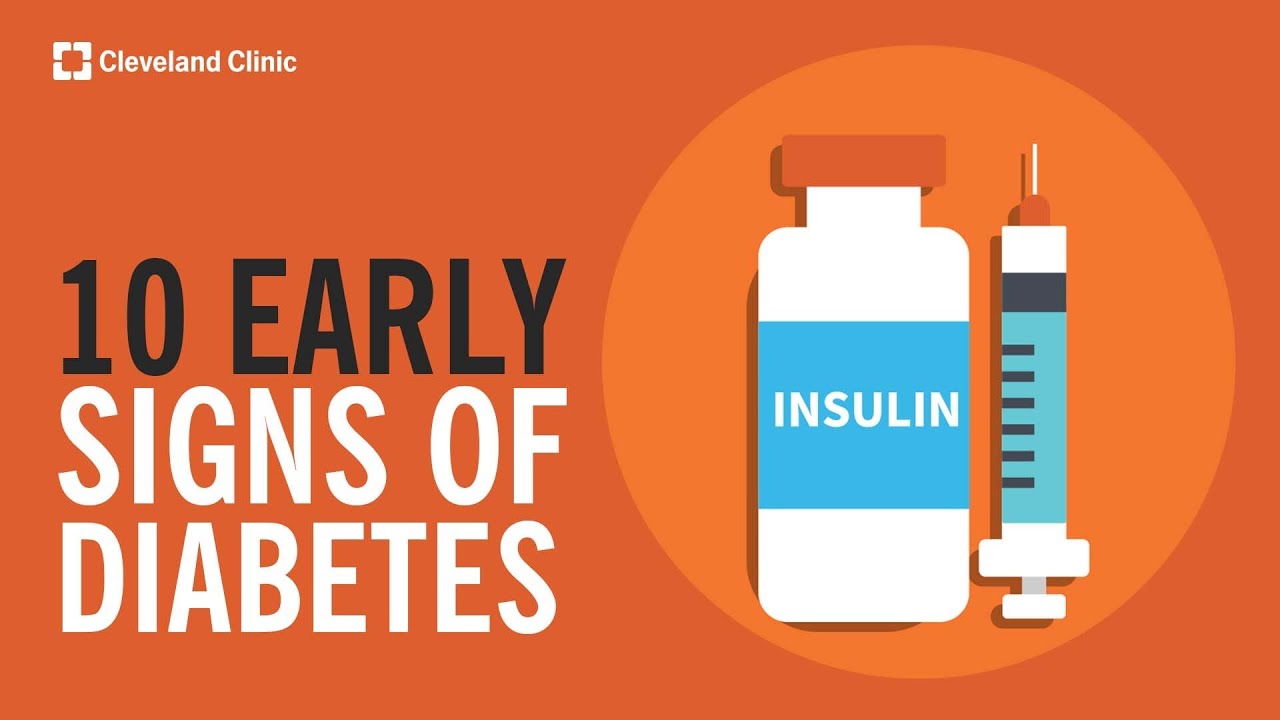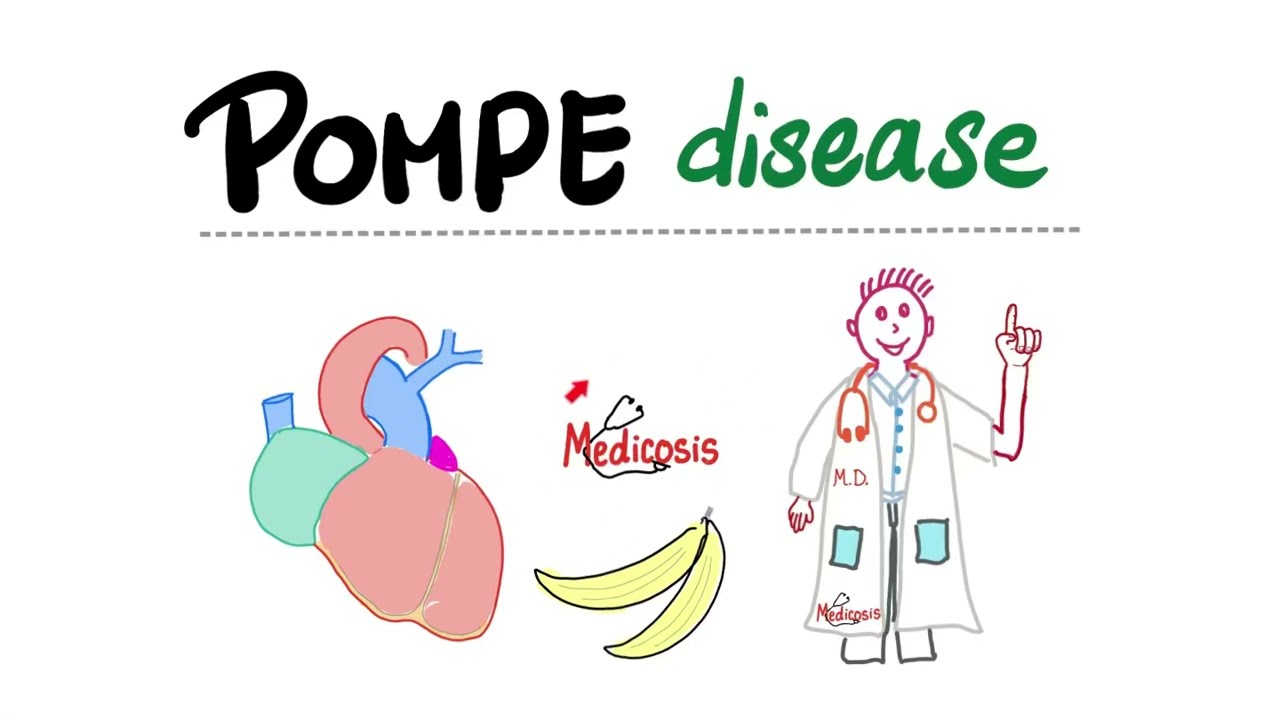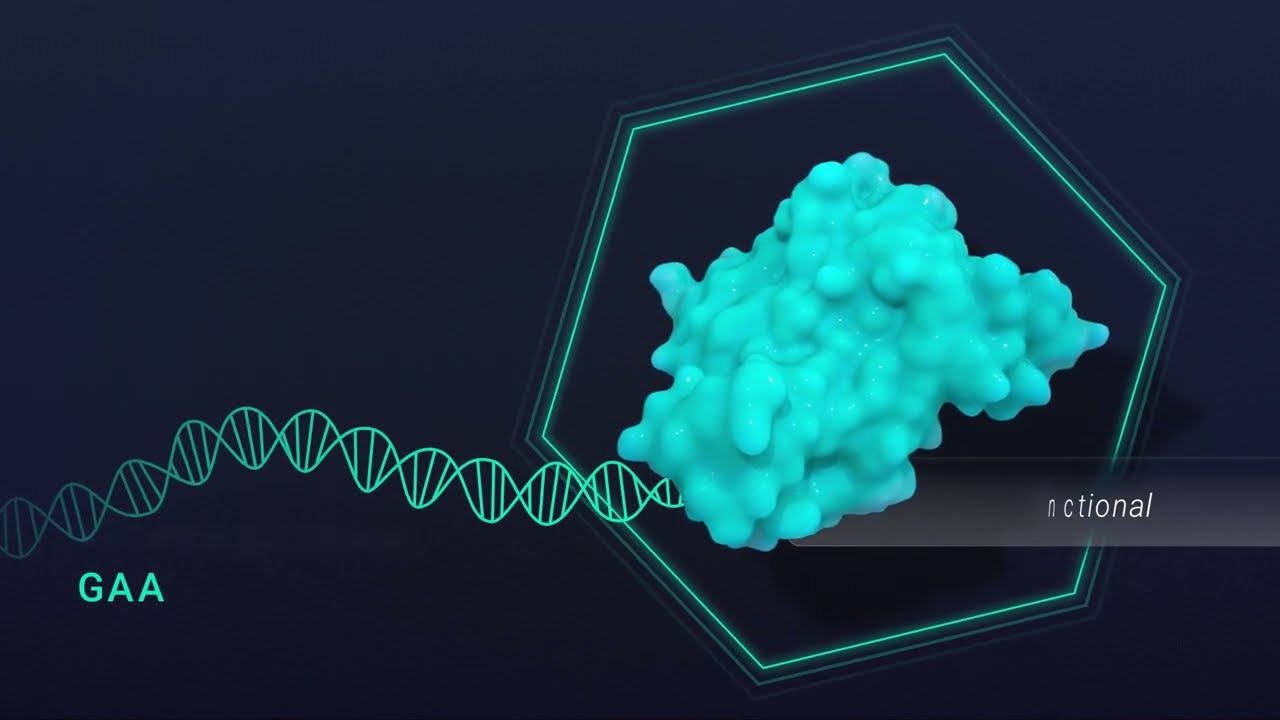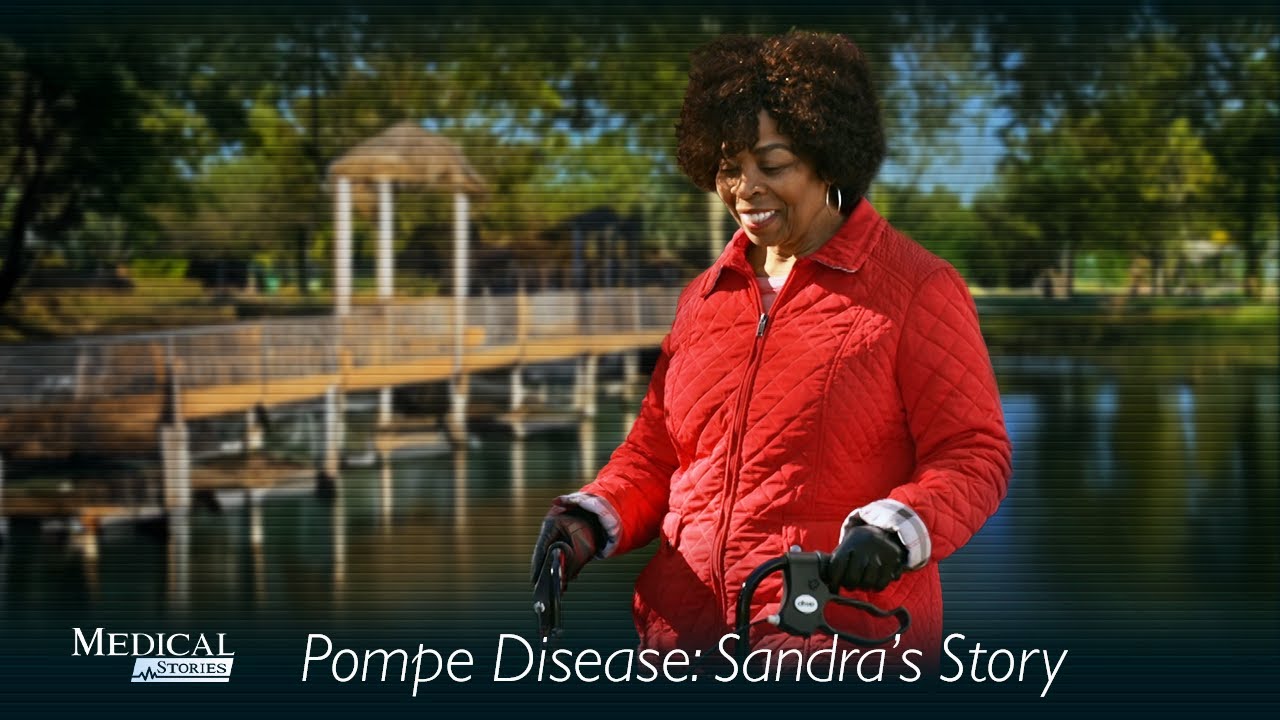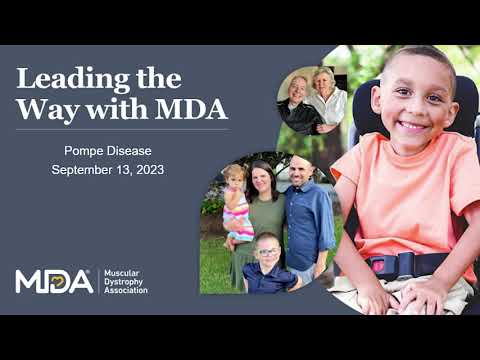Severe hypoglycemia does not affect teens’ cognitive function
Reuters Health • The Doctor's Channel Daily Newscast
Severe hypoglycemia had no apparent impact on long-term cognitive functioning in the overall DCCT cohort, investigators note in the October issue of Diabetes Care. However, they add, “because of rapid developmental changes in the central nervous system during childhood and adolescence, younger brains may be more susceptible to insults produced by neuroglycopenia.”
Dr. Gail Musen at Harvard Medical School in Boston and the research team reviewed cognitive outcomes among 175 type 1 diabetes patients who were between 13 and 19 years old when they were enrolled in the DCCT trial.
The subjects underwent a comprehensive battery of cognitive tests 12 years later, as part of the follow-up study: Epidemiology of Diabetes Interventions and Complications, when the subjects were 29 to 41 years old.
After 18 years of follow-up, 51 of the 82 subjects who were randomized to intensive therapy reported a total of 200 episodes of coma or seizure related to hypoglycemia; 94 similar episodes were reported by 36 of 93 subjects assigned to conventional treatment.
“Neither original treatment assignment nor cumulative number of hypoglycemic events influenced performance in any cognitive domain,” the investigators report.
Conversely, higher A1c values were associated with declines in measures of psychomotor and mental efficiency (p < 0.01).
The authors note that 26 patients experienced diabetic ketoacidosis during the DCCT. Their overall performance on the learning domain declined, while those without diabetic ketoacidosis improved.
Dr. Musen’s group points out that “we need to remain cognizant of the dangers of acute hypoglycemia, which can lead to comas, accidents, injuries, death, family stress, loss of school or work time, and loss of commitment to the goals of intensive treatment.”
Reference:
Diabetes Care 2008;31:1933-1938.

